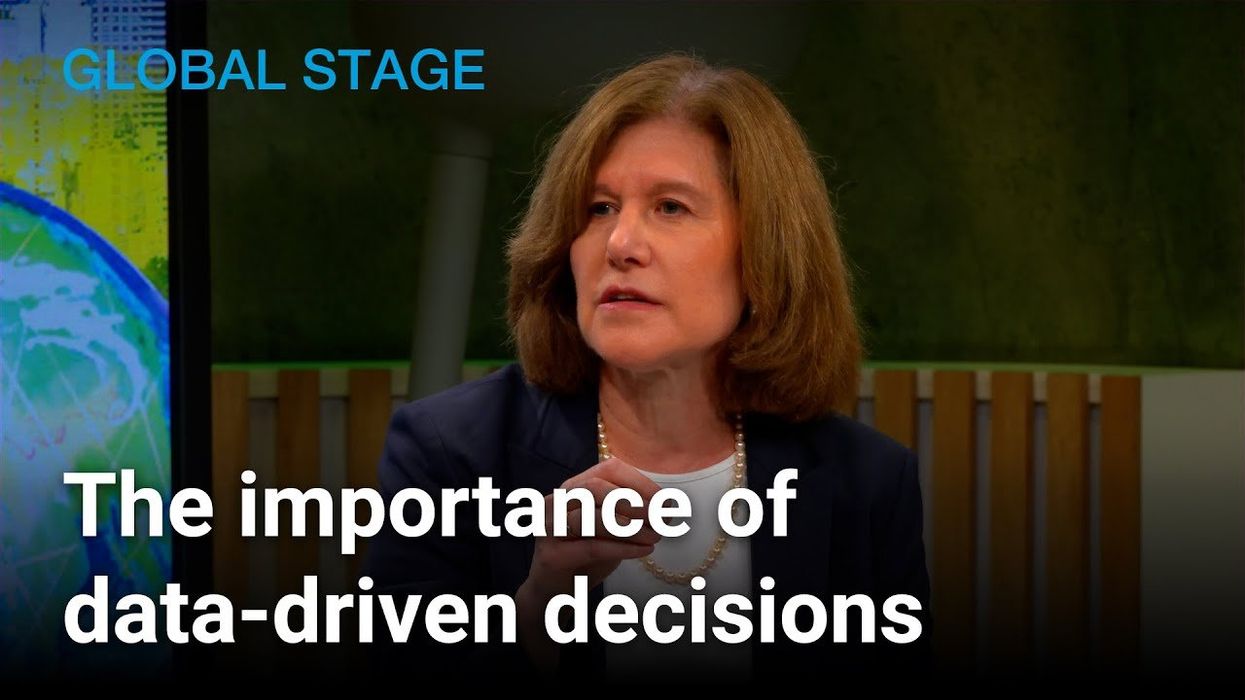GZERO AI
Singapore sets an example on AI governance
Marietje Schaake, International Policy Fellow, Stanford Human-Centered Artificial Intelligence, and former European Parliamentarian, co-hosts GZERO AI, our new weekly video series intended to help you keep up and make sense of the latest news on the AI revolution. In this episode, she reviews the Singapore government's latest agenda in its AI policy: How to govern AI, at the Singapore Conference on Artificial Intelligence.
Dec 05, 2023


